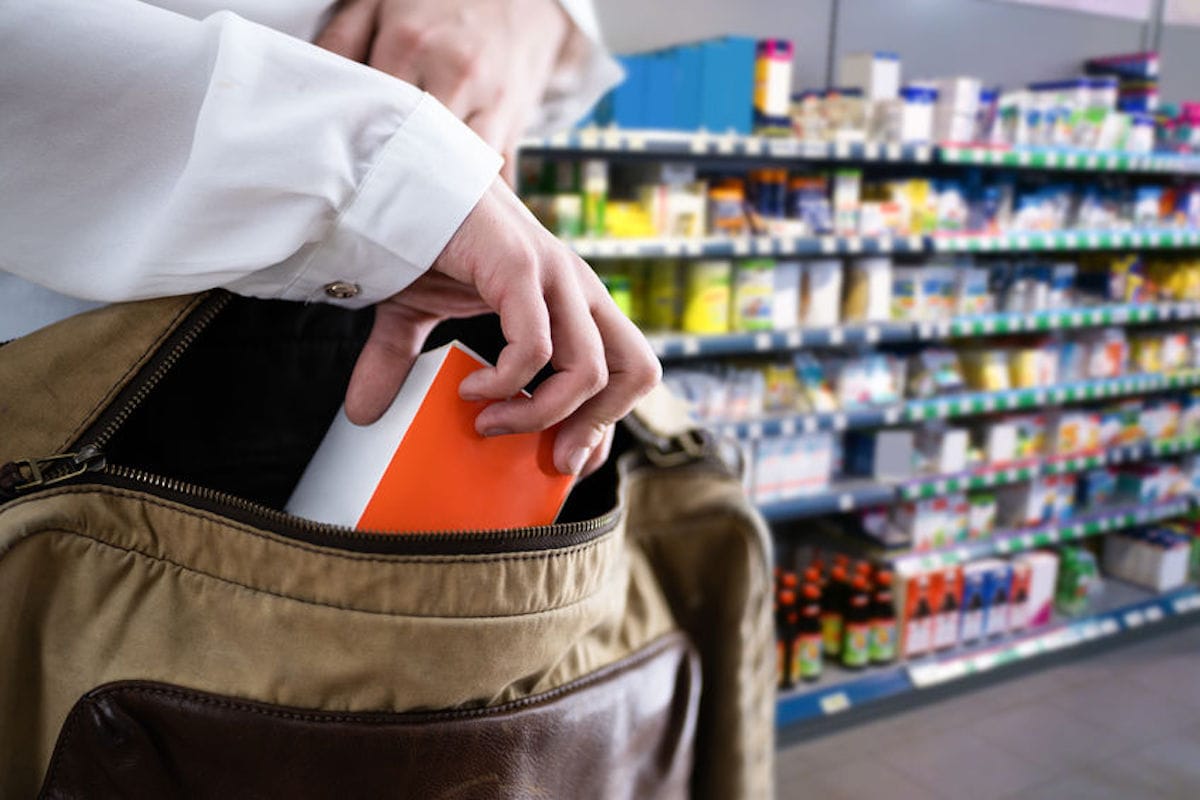Retailers are facing a crimewave.
That is not hyperbole. Figures from The Co-Op show it experienced a 44% increase in retail crime during 2023. The retailer’s 2,400 stores were facing around 1,000 incidents of crime per day.
Retail Gazette: “Co-op rolls out AI tech and secure till kiosks amid shoplifting surge”.
At the stores of this one group alone, more than 3,000 suspects were detained by security guards during the year. Shoplifting was up by 48%, while burglaries and assaults on staff increased too. Stores have experienced gangs jumping across counters to steal alcohol, tobacco and lottery scratchcards. Such behaviour can mean a terrifying experience for retail staff.
“This is not a few opportunistic shoplifters becoming more prolific. This is organised crime and looting,” said Matt Hood, managing director of the retailer’s food business.
Advanced technology is now being implemented in a bid to hold back the rising tide of lawlessness.
However, while it might be tempting to picture an armed Robocop character protecting shopworkers, The Co-Op will instead make do with more secure kiosks, AI monitoring of self checkouts, and lockable cabinets for expensive items. Without these measures, the retailer says some stores would cease to be commercially viable.
The Guardian: “Shoplifting rate in England and Wales hits highest level in more than 20 years”.
An online search, whether local or national, will provide more links than you can read about retail crime incidents. From gangs of teenagers running out of stores with as many items as they can carry, to those targeting more expensive items that are usually behind a counter, it seems there are few communities in the country where retail crime is not a concern. And it is a concern that had a direct impact on quality of life, with law-abiding shoppers thinking twice before visiting stores where such activities might take place.
Even rural convenience stores are not safe, indeed they are generally further from the nearest police station than their urban counterparts – though reports abound of the police not even attending calls about retail crime.
Clearly, more must be done to protect staff, and to ensure that stores can still provide services for communities. But what?
The Guardian: “Major UK retailers urged to quit ‘authoritarian’ police facial recognition strategy”.
Not all technology is popular. Last year there were calls for retailers to stop using facial recognition systems, for example. There are concerns about the use of these systems from a civil liberties perspective, and also because they are notoriously poor at accurately recognising people from some ethnic or social groups.
In any case, retail crime has reached such a scale that it is now clearly too big for retailers to tackle it by themselves. While more help for those who are stealing due to poverty could surely reduce the level of crime, retailers also need help from police forces – already overstretched – and by enabling courts to give more suitable sentences to offenders who are convicted of retail crimes.
The Guardian: “Major UK retail bosses plead for staff protection as ‘violent criminals empty stores’”.
A group of large retailers has been lobbying the government to create a new criminal offence that relates directly to assaulting or abusing retail workers, in a bid to find a legal remedy that can be applied to halt repeat offenders.
With an election looming, could now be the time to secure promises on retail crime from politicians of all parties?


